Akira Yamaoka on reviving Silent Hill, Suda 51 and not working on Inside
A conversation with one of gaming's greatest composers.
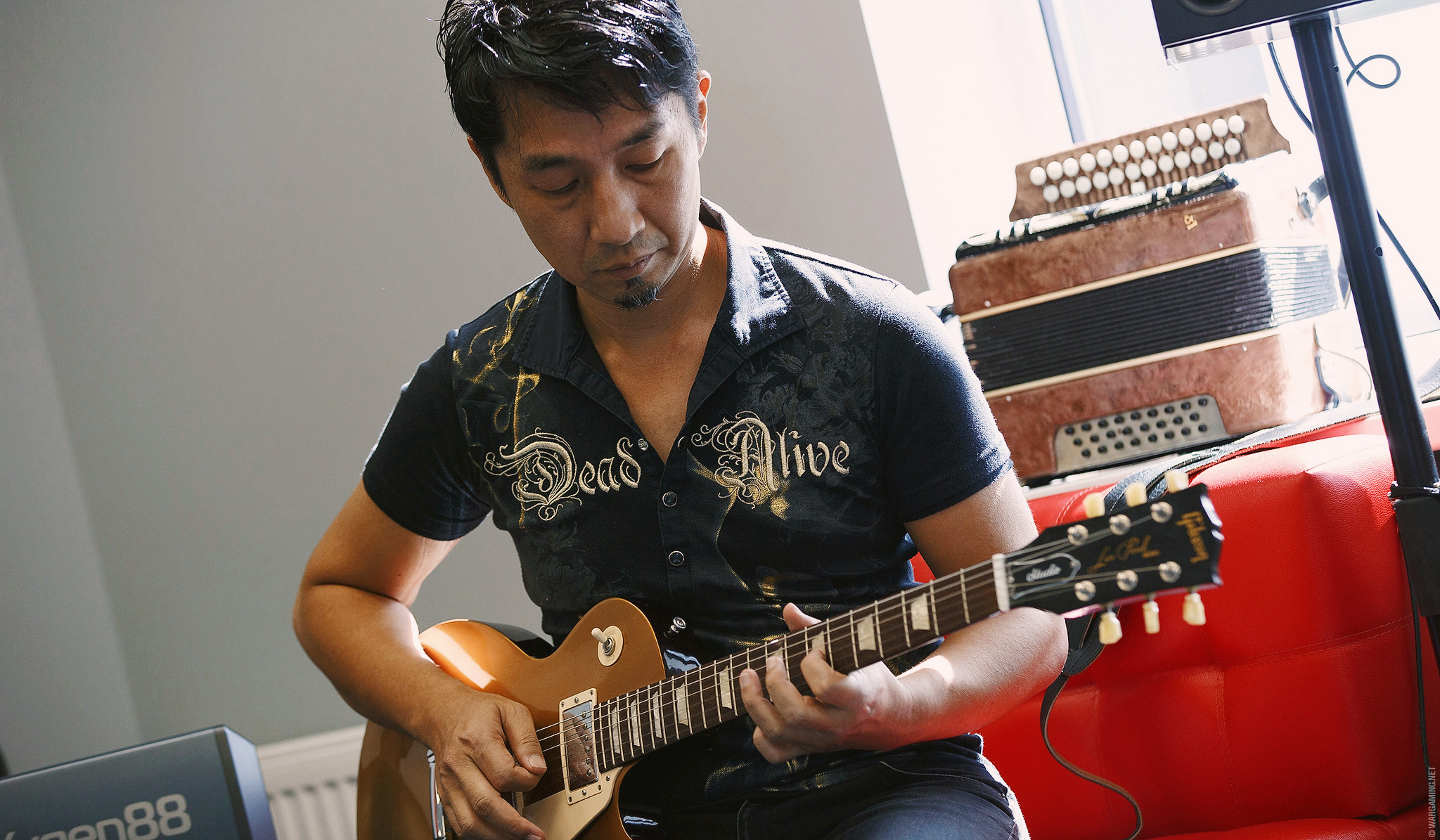
Given the magnitude of his resume, it's almost hard to believe esteemed sound designer Akira Yamaoka hasn't yet reached 50. After first turning his hand to 1991's SNES sidescroller Smart Ball, he's since composed dozens of videogame soundtracks including International Superstar Soccer Pro '98 and the first four—and best—Silent Hill instalments.
Alongside his work with Suda 51 at Grasshopper Manufacture, Yamaoka has now partnered with Wargaming to provide music for its World of Tanks MMO.
I sat down with the veteran music man at Gamescom and, by way of a translator, quizzed him about his career to date—from his days on Team Silent to where he finds himself today.
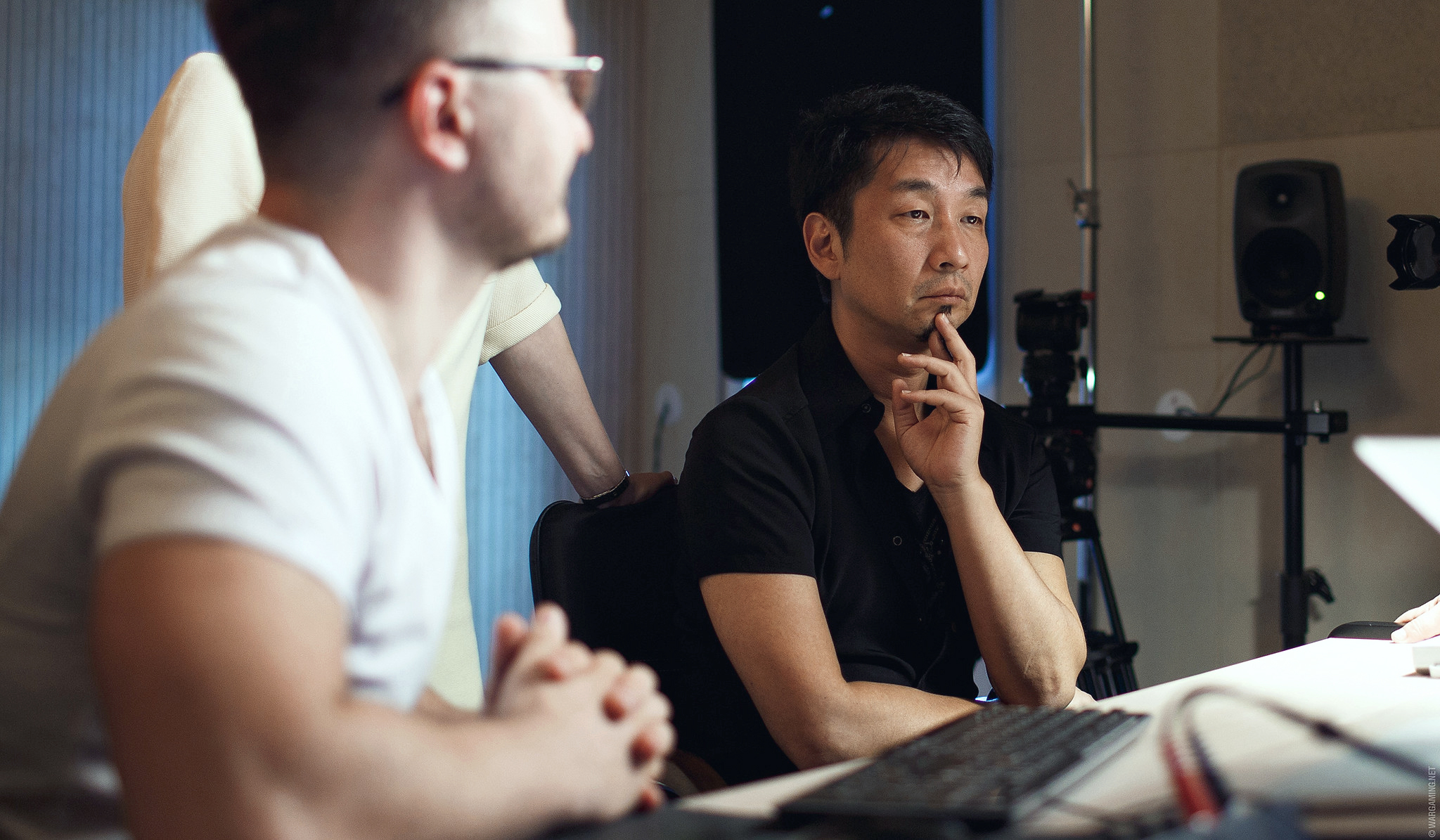
Akira Yamaoka is a sound designer and videogame composer who currently works for Grasshopper Manufacture. He was one of the founding members of Team Silent, and has worked on everything from ISS Pro Evolution (Winning Eleven 4) to Hideo Kojima's Snatcher.
PC Gamer: Can you tell me about your work with Wargaming on World of Tanks?
Akira Yamaoka: I'm making a track for World of Tanks. But it's not just a track, it'll go beyond that. We have a track but [it's] also about forming a collaboration with Wargaming. I'm working a lot with the World of Tanks audio team in Minsk, which is where we made the track together.
That's the first step. The next steps can't be disclosed at the moment but the next big show [most likely the Tokyo Game Show] will reveal more information. What I can tell you is that it's going to be for the players before anything, it's for them. It's going to be very interesting.
You've worked on many games across many genres. How do you get into the mindset of each game, given how varied your back catalogue is.
The biggest gaming news, reviews and hardware deals
Keep up to date with the most important stories and the best deals, as picked by the PC Gamer team.
In the same way that a programmer is here to code or a designer is here to craft games, I'm responsible for the sound in games. It's one element that comes together to help build the wider game.
The most important thing about approaching individual games is not necessarily about being different, but is about being able to adapt your sound to the game. Sound is a supporting element of maybe the action, the strategy, it's really an element that serves to support the best in-game experience the player can have.
Every time there's a new project, there's a new game involved which means I'm required to change my approach and determine how my music can actually fit the game as best as possible. It was the same with World of Tanks.
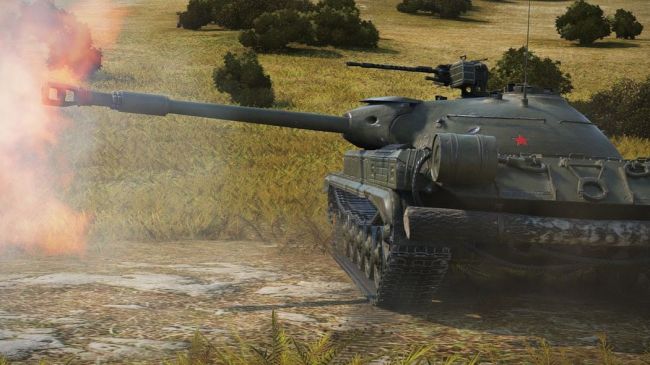
My favourite examples of your work are tied to Silent Hill, however there hasn't been a decent instalment of the series in years. Do you think it'll ever be revived?
[Laughs] Hmm. I can't really say if there will be another Silent Hill or not. First of all, I'm happy that fans of the series around the world are still asking us questions about it. Personally, of course, I'd love this to happen, but I obviously couldn't say for sure [either way].
But you'd be open to a Team Silent reunion?
I'm not against it. But it's hard to say because everyone has evolved, and maybe the mindset has changed as well. Also the technology and the games industry as a whole has changed as well. Even if we got back together I'm not even sure we could do something great so it's very hard to say at the moment.
The audio in P.T. was pretty impressive. Were you excited by the prospect of Hideo Kojima's Silent Hills and were you disappointed when it was cancelled?
[Laughs] It's hard to say, everyone was really sad about that, so I kind of followed the mood of everybody else. Since everyone was saying: it's a shame, it's too bad—maybe it is a shame and it is too bad.
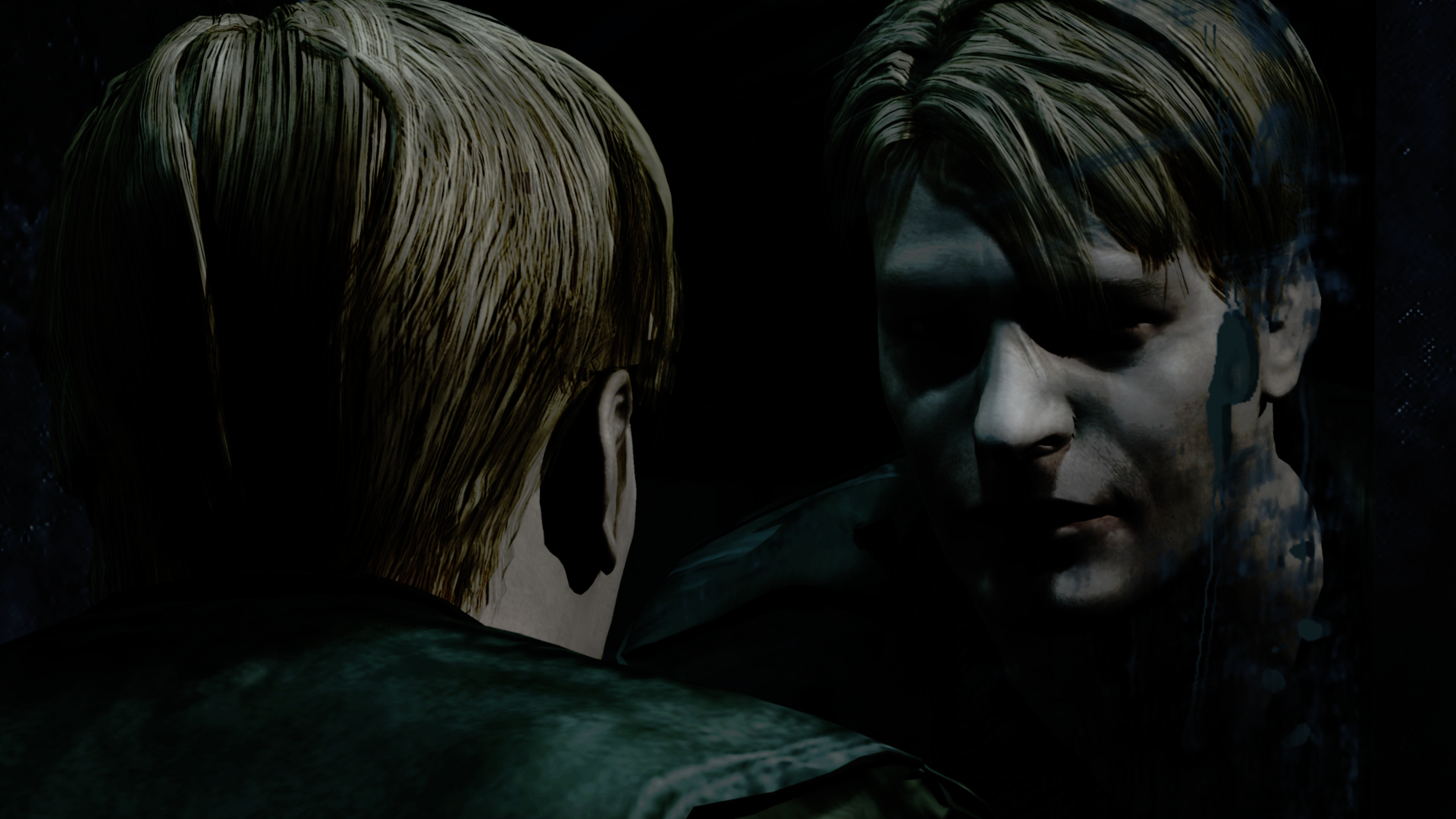
You've praised Suda 51 in the past. What is it about his work and working alongside him at Grasshopper Manufacture that you enjoy?
Nothing has changed before and after joining Grasshopper, it's more that I have a lot of respect for Goichi Suda and always have done. I'm happy to be able to work with him because he's someone that can have very specific ideas, and he has a very vivid imagination. He brings a very specific creative touch to his projects too, so it's been very interesting to work alongside him.
Speaking again to World of Tanks, would you say there's anything you worked on in the past that you were able to apply the same principles to?
I'm a World of Tanks player too, so I already knew about the current music and had a good understanding of how I might approach the game. Of course, I tried as much as possible to add my touch and experience from my past work. More than anything, though, it was about respecting the environment of the game.
We probably won't have disco in World of Tanks—we could have bassline of the theme or orchestral instrumentals with very limited voices. We also have very specific war-themed melodies. With those guidelines, I've tried to apply my experience and creativity here.
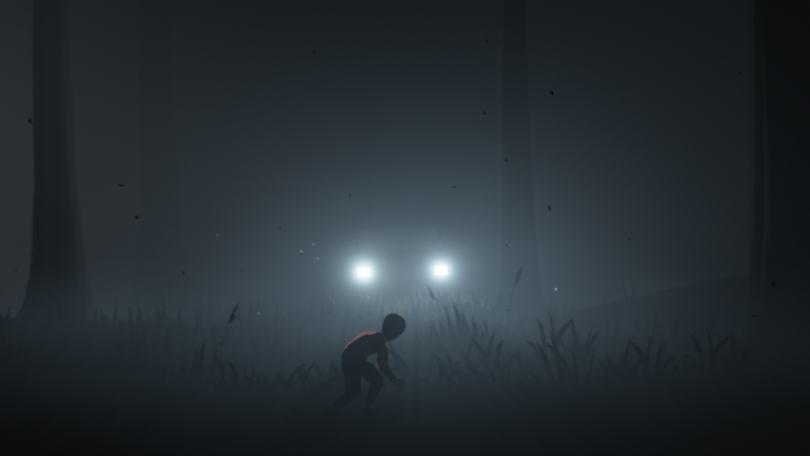
Across your portfolio, games and movies, which series have you enjoyed working on most?
I've had a lot of fun on all of the things I've worked on, but if I had to choose one I'd have to say Silent Hill 2. In the same way with PT being cancelled: everyone said that Silent Hill 2 was a masterpiece, so, well, if everyone thinks it's a masterpiece then maybe it is a masterpiece.
Is there a game that you least preferred working on?
Em...
If it's World of Tanks don't say.
[Laughs] I can't really recall a project that I didn't like. Every time I entered a new project I could learn new stuff, have new experiences, meet new people, so I always had something to take away from my work.
Are there any games that you haven't worked on that you'd liked to have been part of?
Inside. I really wanted to work on that kind of project.

